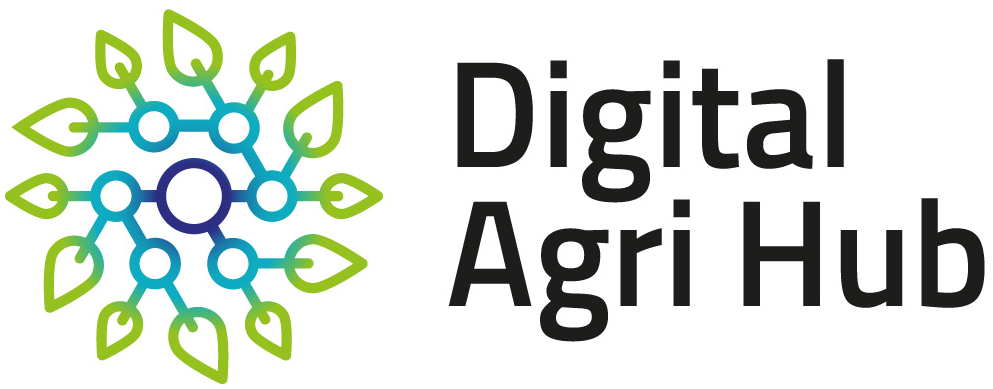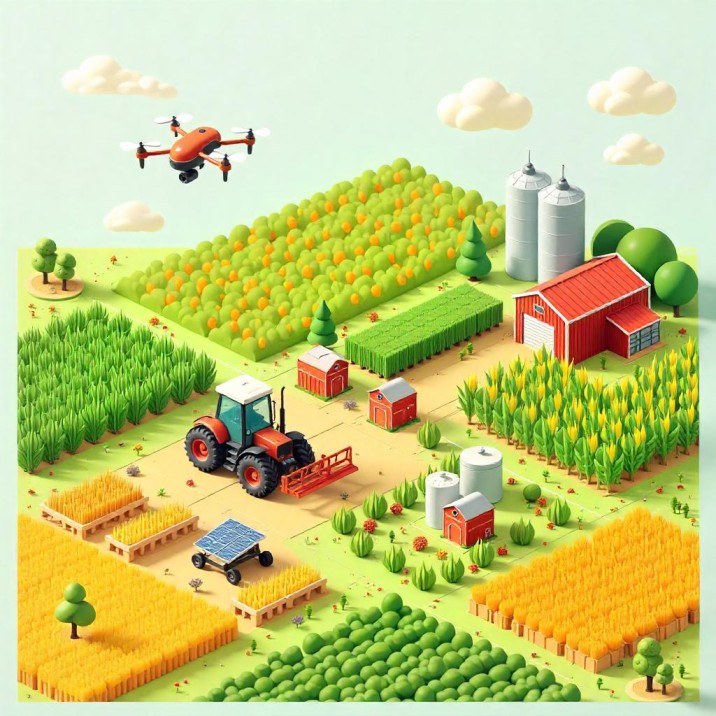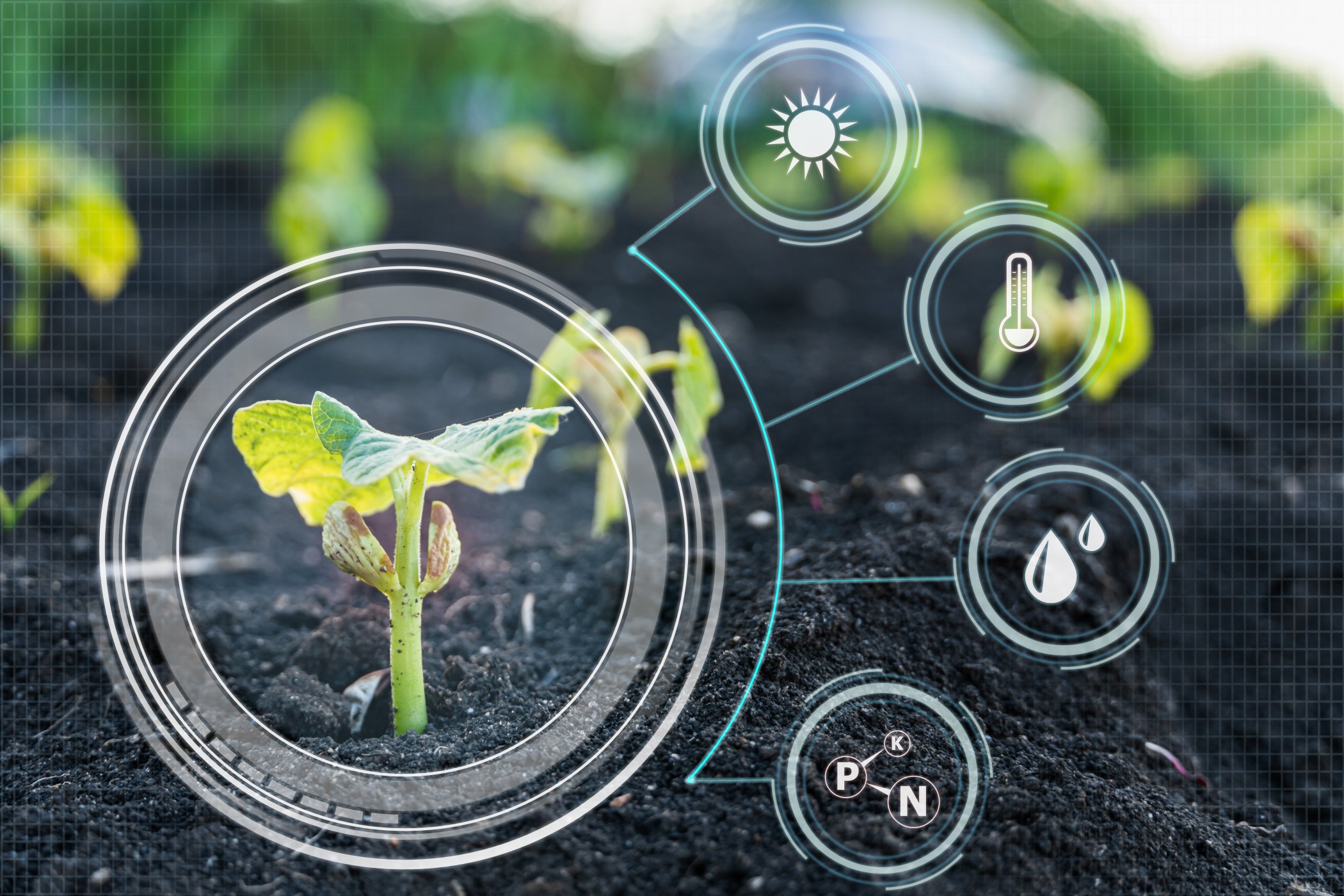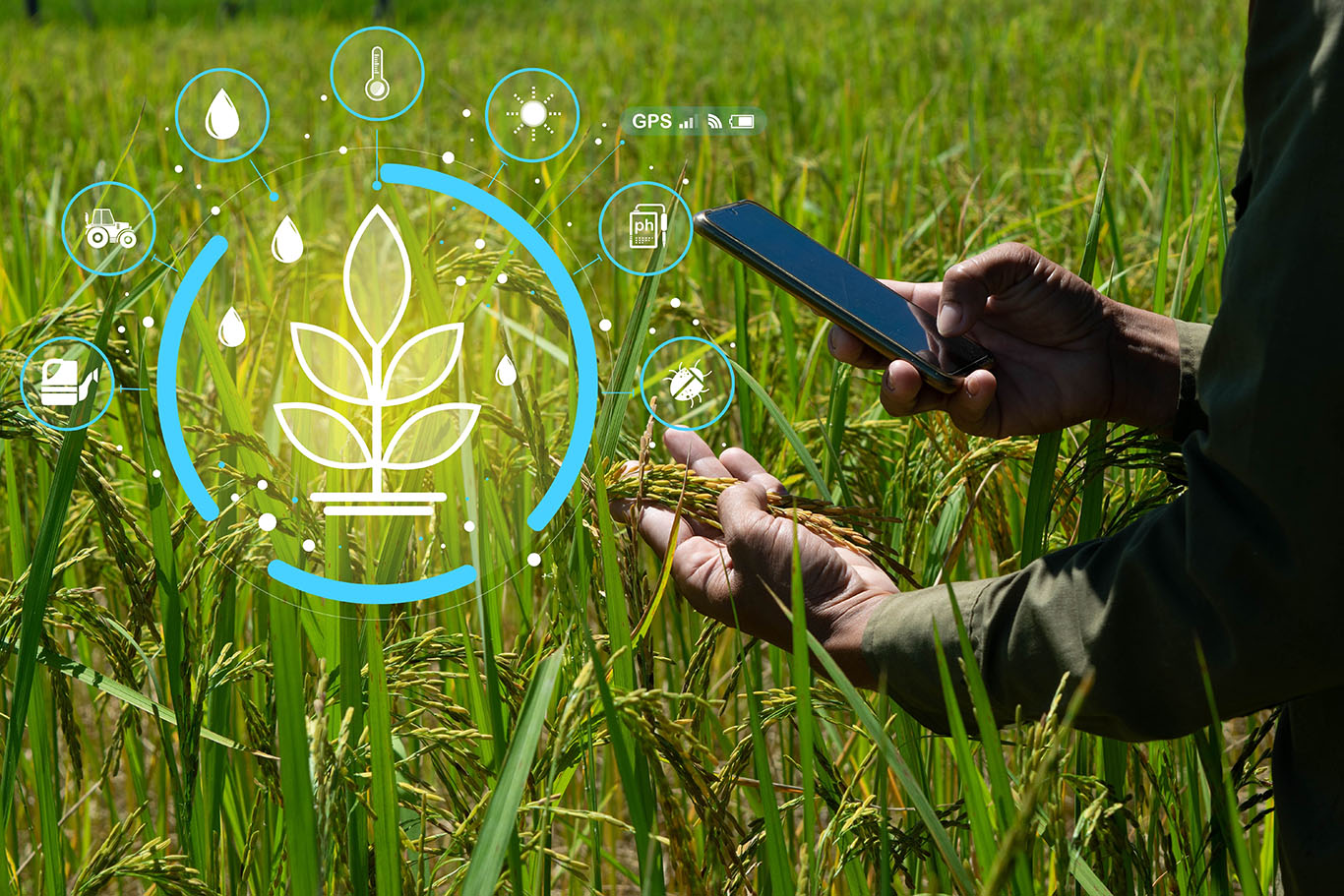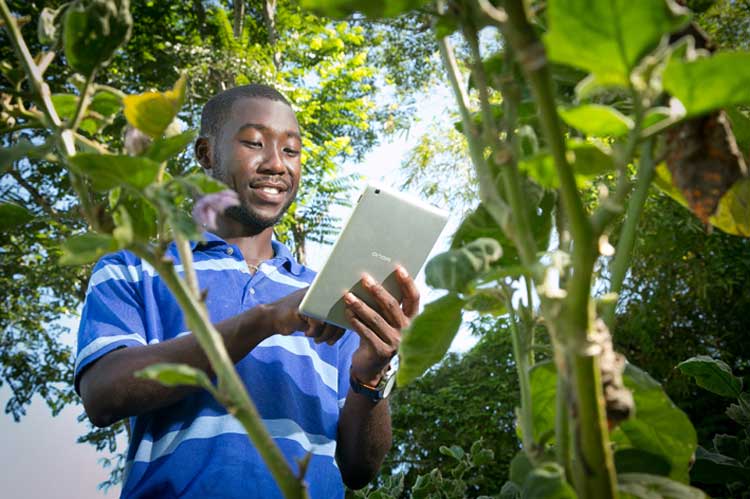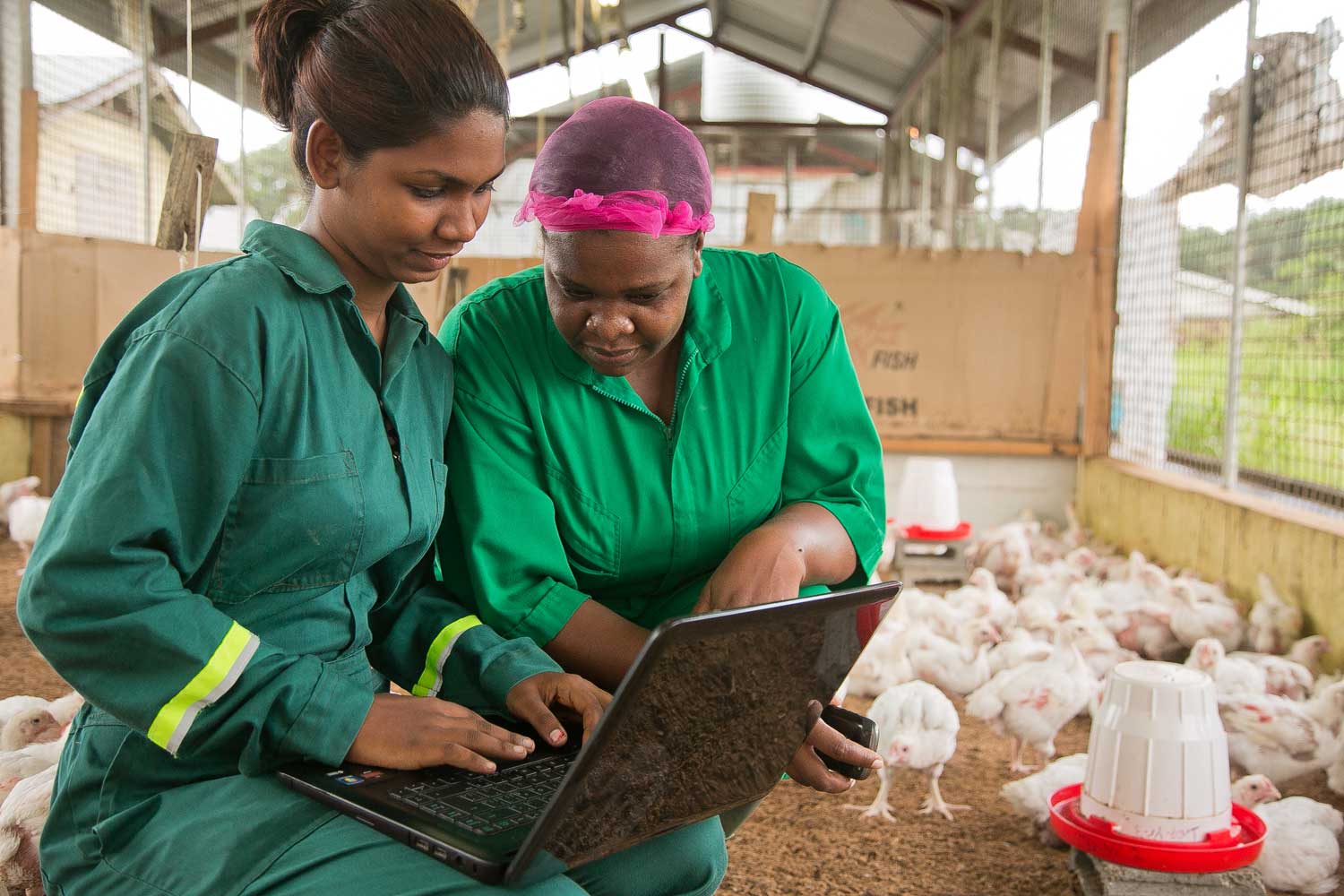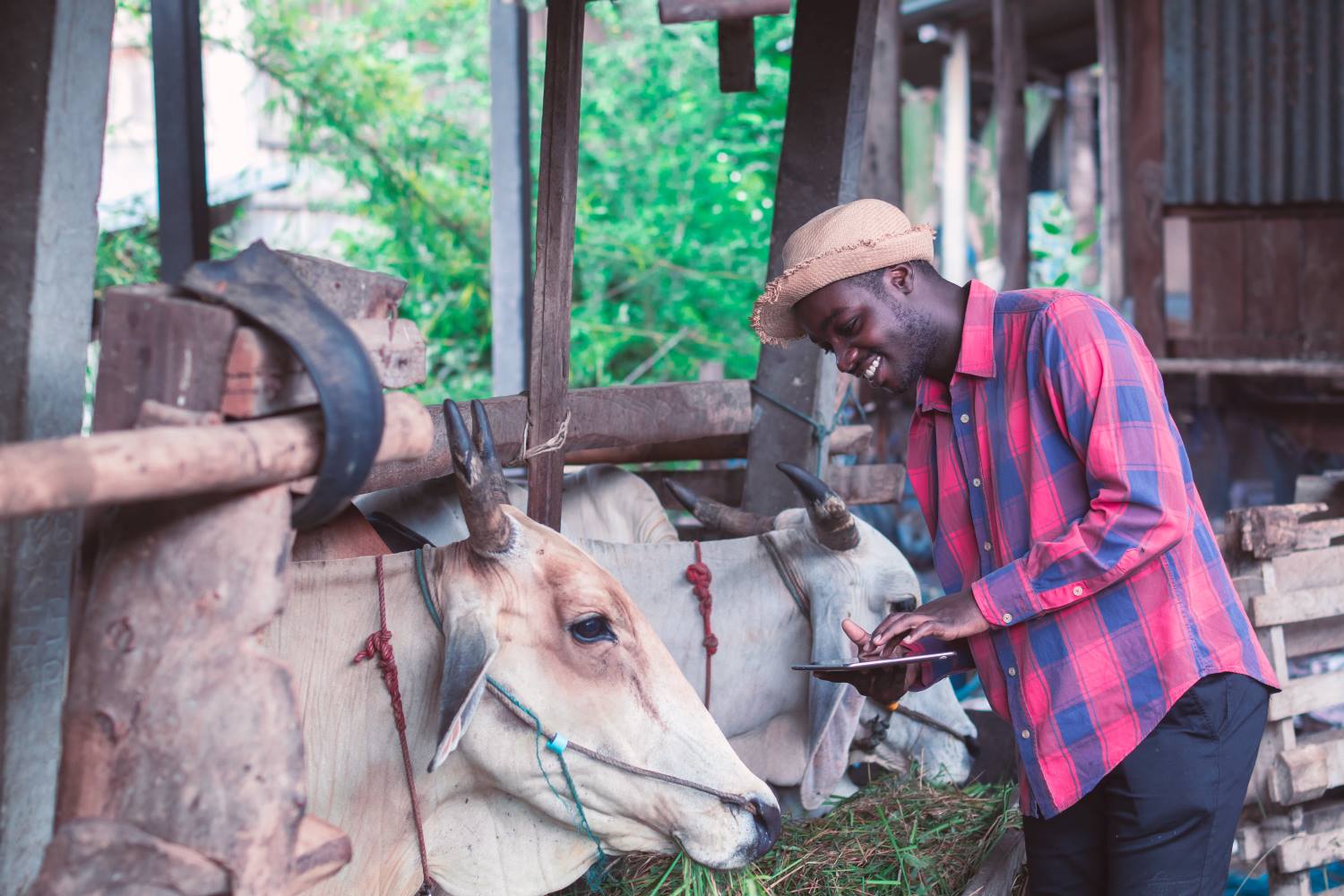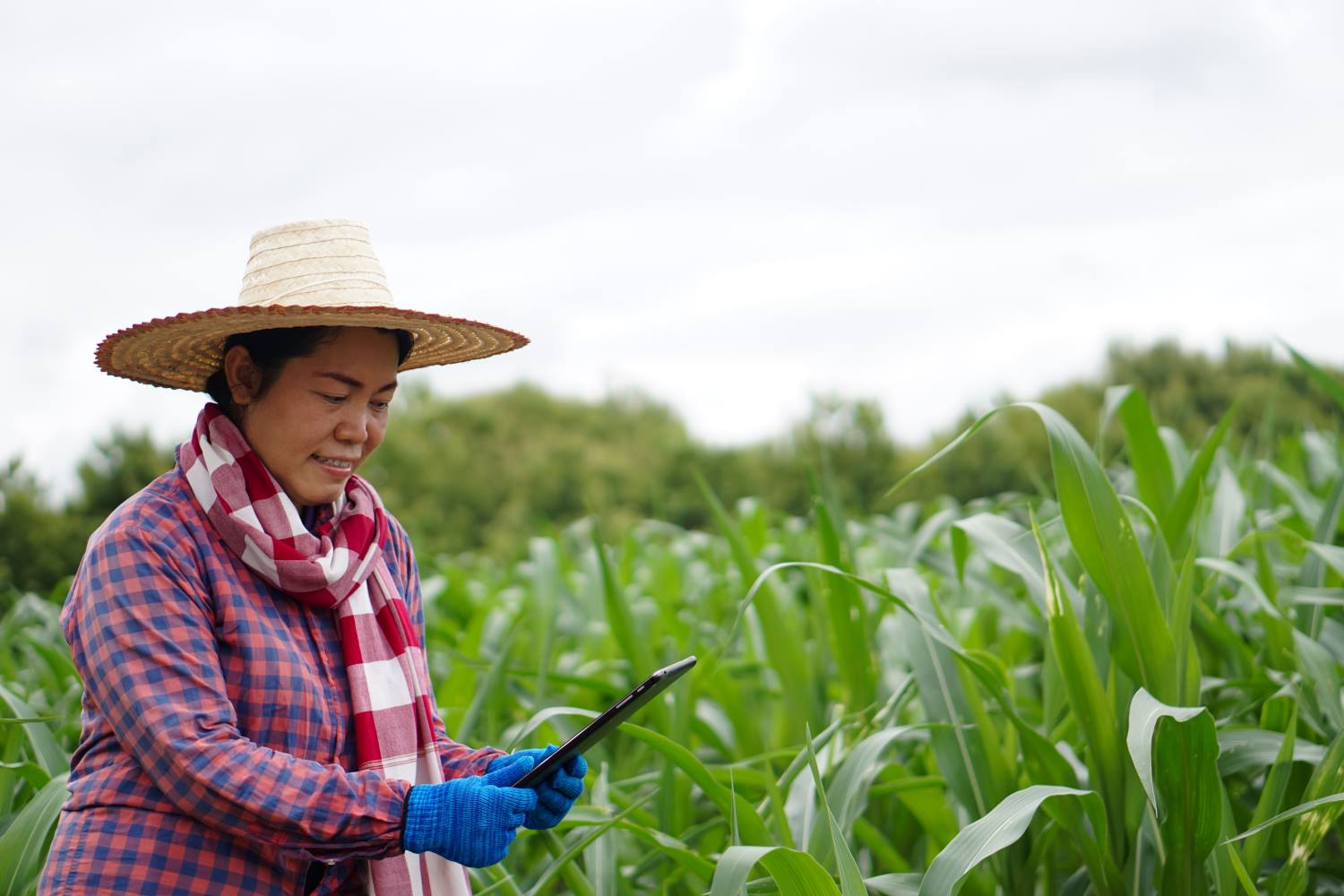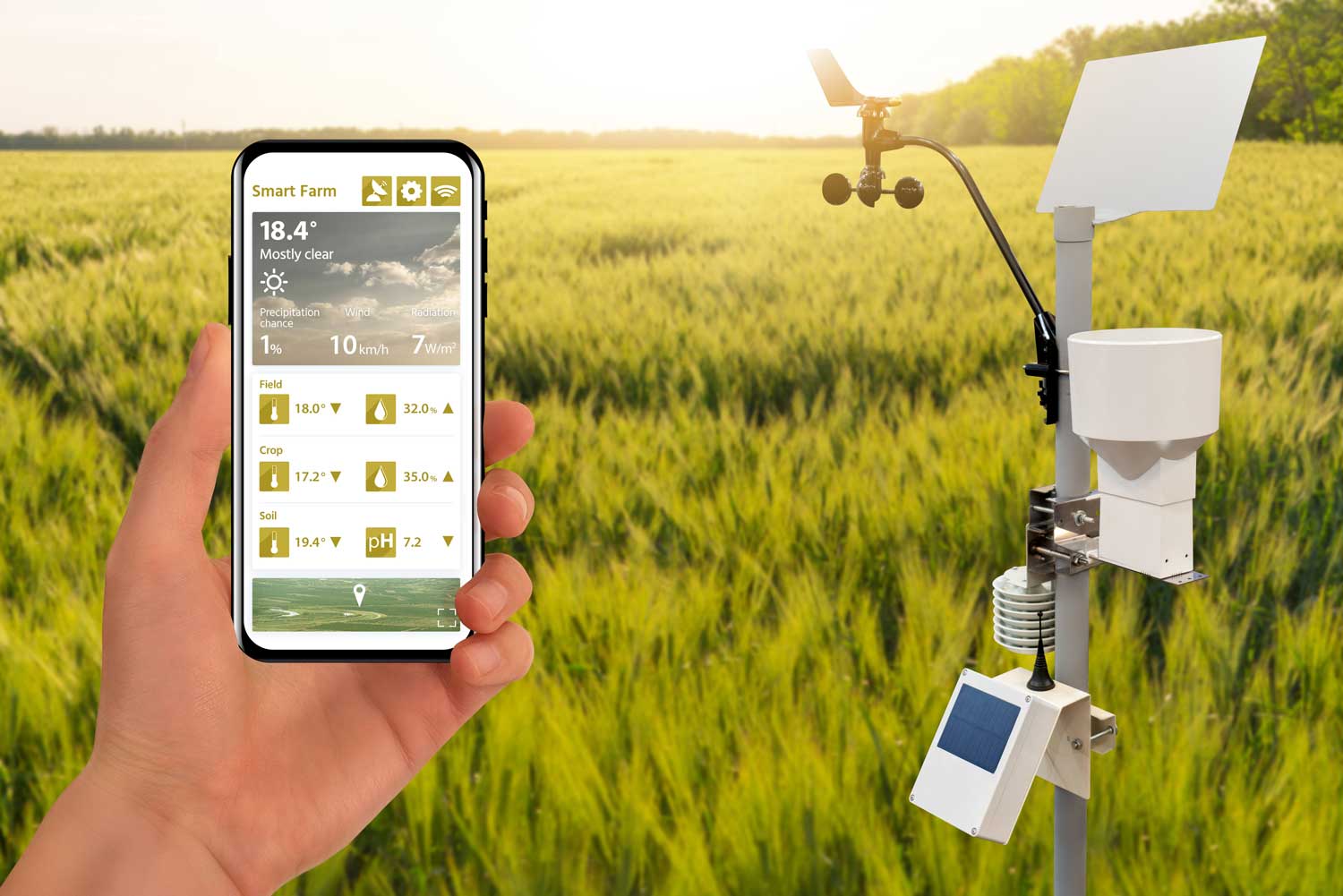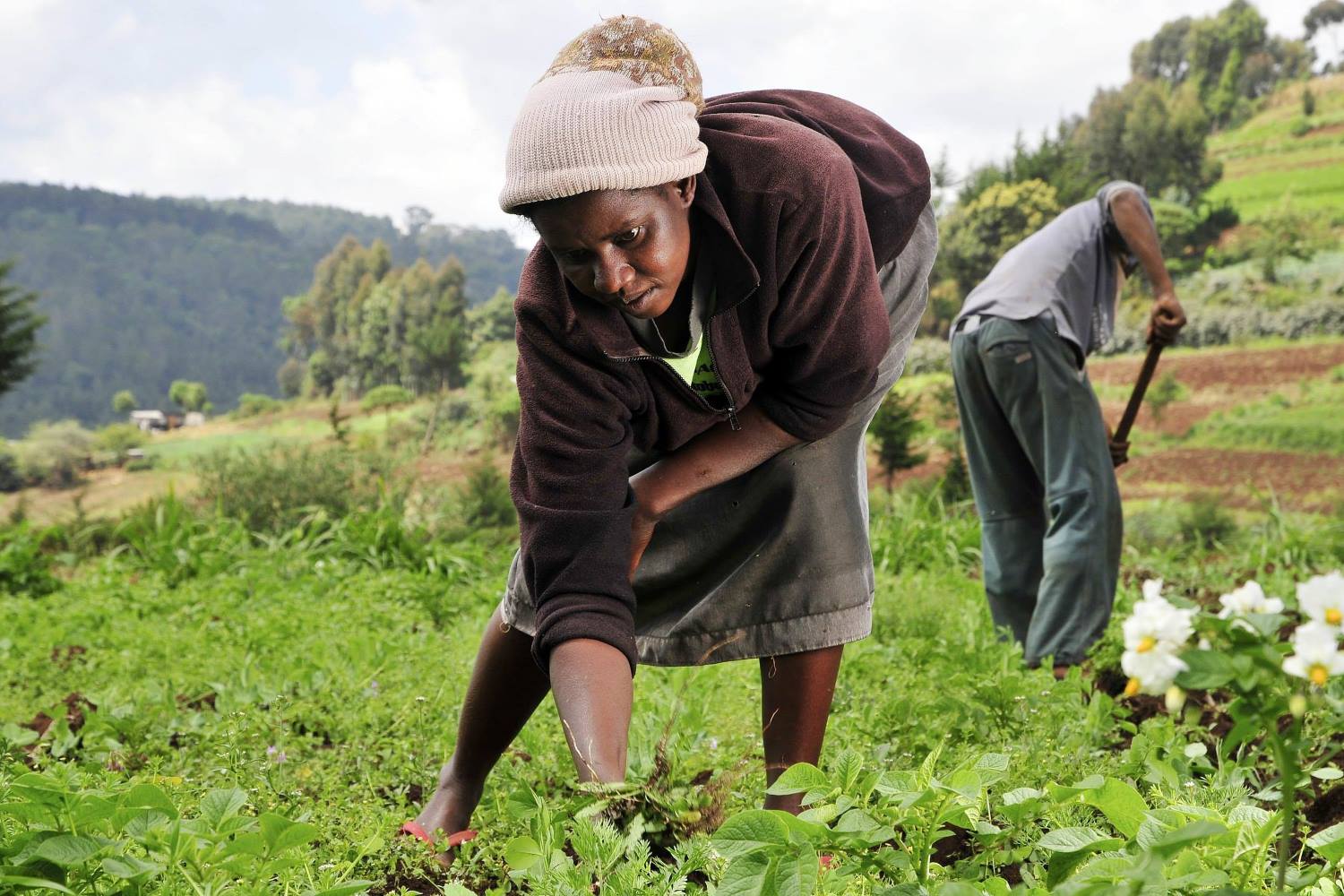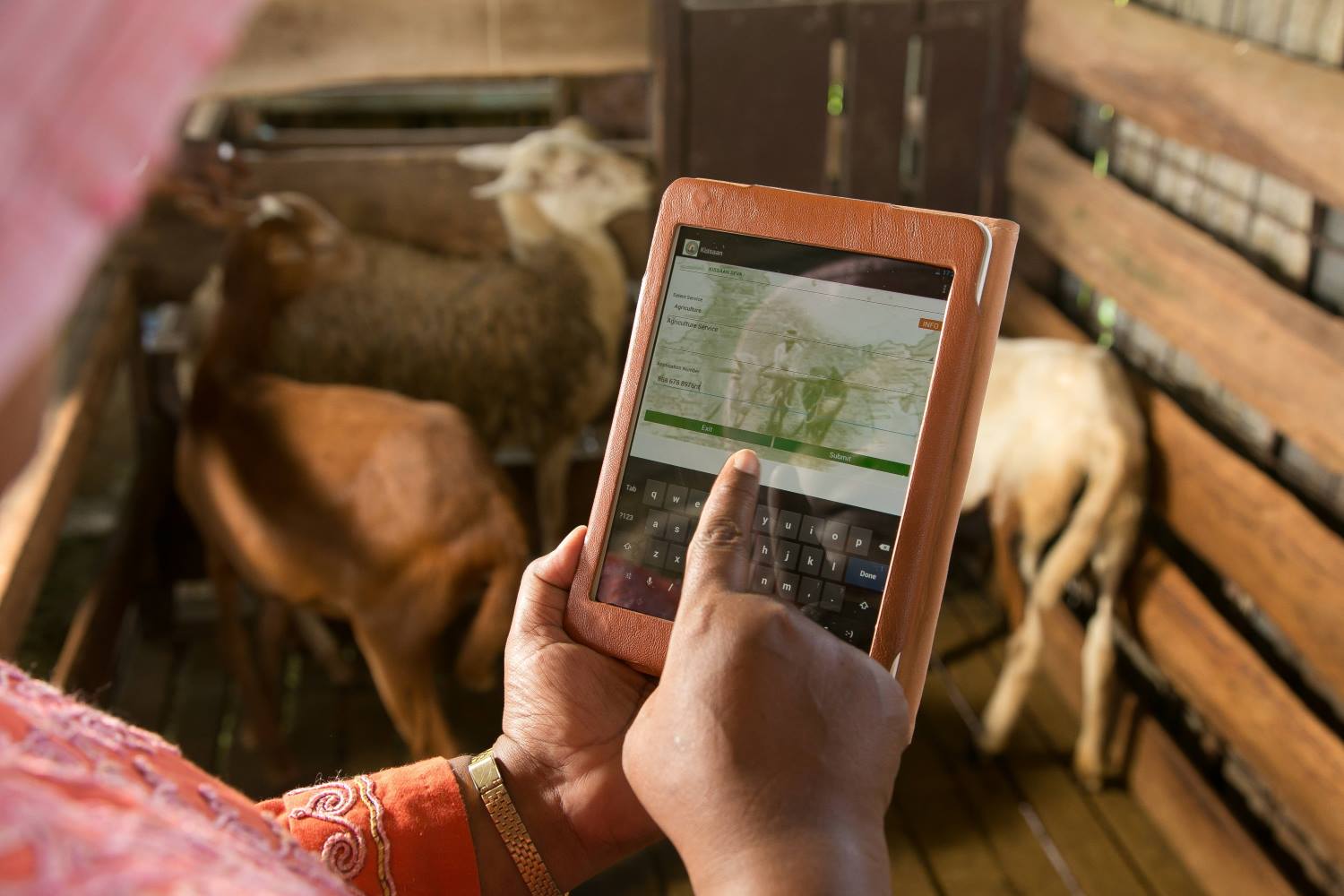Food for thought - Understanding the nexus between Digital Agricultural Advisory Services and Environmental Sustainability

Food for thought - Understanding the nexus between Digital Agricultural Advisory Services and Environmental Sustainability
Author: Marvin Léon Matheis
Publish Date: 9 Februari 2023
While improved agricultural productivity and income levels for small-scale producers (SSPs) especially in Low-and mid-income countries (LMICs) have been the primary goals of digital agricultural advisory services (DAAS), fostering environmental sustainability has been seldom an explicit focus. Yet, there are multiple environmental crises adversely impacting agriculture negatively. Paired with an augmenting interest from investors in Environment, Social and Governance criteria when screening potential investments, looking into the environmental impacts of their digital advisory services in agriculture becomes increasingly important for the providers. It is likely that integrating environmental sustainability into their services would not only profit their business by attracting more investments, but also SSPs. After all, the medium- and long-term productivity of agriculture is starkly predicated on a healthy environment.
But how are such services related to environmental sustainability? They influence SSPs and thus their environmental impact by providing actionable information aiming at orienting their agricultural practices. Based on different parameters, the services give advice on what agricultural practice and with what level of inputs. Advice given by such services can cover a wide range of agricultural practices, from fertilizer application to irrigation scheduling; from the best time for seeding or planting to disease control. While it is debated which agricultural practices can count as particularly environmentally friendly and which ones are rather environmentally unfriendly, given the trade-offs underlying a number of them, there is still some consensus.
Against this backdrop, this blog poses the question: How can environmentally friendly agricultural practices be designed into digital services? Such services may follow an approach where recommendations are grounded on analogues, i.e. through digitizing best practices, or are more data/model driven. Both approaches come with their own advantages and disadvantages, and heavily depend on the selected target group (e.g., small-, medium-, or large-scale producers).
Digitizing environmentally sustainable best practices
For the set-up of these services, agricultural experts, most often agronomists with local expertise together with agricultural government institutions, decide for the digitization of a specific set of analogue agricultural practices. These practices are usually tailored to a certain geography, value chain and/or crop. In the decision process for a specific set of analogue agricultural practices different objectives are being considered. These can range from the yield-enhancing effects of promoted agricultural practices, reduced labour intensity and implementation costs to an understanding of possible barriers and drivers for the adoption of the practices promoted. Usually, yield-enhancing effects are at the forefront of the decision process. However, if the environmental sustainability of agricultural practices only plays a subordinate role in the decision processes determining their selection, this dimension will not explicitly get promoted.

To elaborate further on the two approaches, we look first at AUXFIN´s Agri Coach. This digital solution values environmental sustainability in agriculture. Thanks to the start-up’s low-tech approach, AUXFIN reaches several million small-scale producers. AUXFIN´s main focus lies in improving basic good agricultural practices through general advice conveyed in videos. AUXFIN has also decided to digitize some explicitly sustainable agricultural practices. SSPs are, for example, enabled to learn the most important dos and don’ts as well as the benefits of composting. The learning videos on composting are kept short and simple, allowing farmers to easily grasp the underlying messages.
More high-tech and potentially tailor made digital agricultural services are usually more data, model and knowledge demanding. They use, for example, downscaled weather, soil and biomass data from remote sensing for a specific farm or even field, coupled with crop growth and other models to derive the recommendations. Thereby, they aim to determine the right practices at the right time and in the right location for an individual SSP. The delivery components of such solutions are programmed to send out the advice automatically. Most often the models optimize for high yield and/or input efficiency and costs. Thus, environmental aspects are not explicitly considered. However, they might occur as co-benefits, for example, in the case of fertilizer saving precision farming. Putting environmental sustainability at heart would entail explicitly considering environmental parameters and objectives in the models leading up to the final agricultural advice.
SOWIT is an IT service provider offering digital advisory solutions precisely following this approach. Its DAAS give personalized advice to small, medium, and large-scale farmers. As many of the countries in which the start-up is operating suffer from water shortages and crops are thus prone to water stress, SOWIT has developed smart irrigation solutions. These solutions permit the assessment of crop water deficits and irrigation scheduling, keeping a reasonable balance between crop water needs and the available water resources on a farm. Additionally, SOWIT has introduced ‘green scoring’ to their solutions. By giving a green score to specific practices, algorithms can optimize for values other that high yield only.
Key takeaways
To guarantee long-term yields and incomes for small-scale producers, there is great need to promote sustainable practices that best nurture their lands. Applying environmentally sustainable practices will profit them in the short-, but particularly in the mid- and long-term. As performing agriculture in LMICs is increasingly being digitally enabled, digital agricultural services can play an important role in this. The illustrative cases of AUXFIN and SOWIT demonstrate that such services can, inter alia, contribute to environmental sustainability by either explicitly digitizing analogue advice on environmentally sustainable agricultural practices or by increasingly considering environmental effects as trade-offs in the models underpinning the services.
